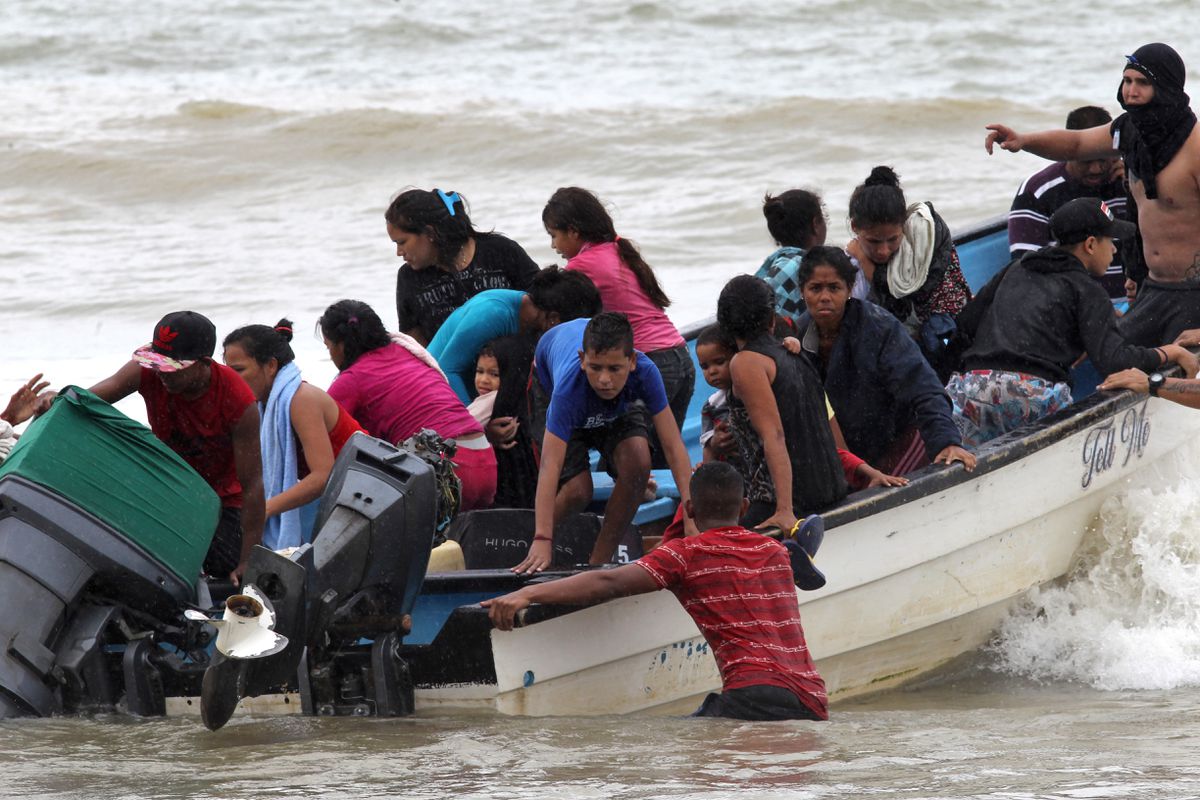Do the police fulfill their duties in accordance with the law?
Recently the Friedrich Ebert Foundation published our analysis of the police reform process entitled “What happened to the police reform in Venezuela? Questions and basic answers about the process in its puberty stage.” Already in that first text, we engaged with some of the questions they asked us about our overall evaluation of the process and its main results. On this occasion, we will concentrate on answering this question: Do the police comply with their functions in accordance with the law? What functions do they not comply with?
The normative block establishes that the police service is of a civil nature and predominantly preventive. Its purpose is to comply with the guarantee of securing the rights of citizens, that is to say: 1) protect human rights and public liberties; 2) control and prevent the commission of crimes. They are given many other functions, but these all derive from these two main purposes.
Below are some elements that could serve as indicators to assess whether the Venezuelan police complies with the purposes and functions established by law:
1. The militarization of the police service
The militarization of the police and citizen security is a tradition in the country, at least since 1937, the year in which the National Guard began exercising de facto national police work. If we look at the last two decades, what stands out is that, of the previous 15 heads of the Ministry of Interior, 12 (80%) have been from the military; however, that cannot be the only or main indicator. The logic of militarization is not only reduced to the exercise of the military in certain areas, but militarization must also be understood as the culture, practices, and internalized war logic carried out by public officials in general, and, in the case at hand, especially by the State security forces.
This is expressed, for example, in militarized police operations and spasmodic interventions such as Safe Caracas (Caracas Segura) (2008), the Bicentennial Security Device ( Dispositivo Bicentenario de Seguridad – DIBISE) (2010), the Early Rise to the Gangs (Madrugonazo al hampa) (2011), Safe Homeland (Patria Segura) (2013) or the Operation of Liberation of the People (Operación de Liberacion del Pueblo – OLP) (2015) that are the antithesis of the police model proposed by the CONAREPOL and embodied in the normative block that governs this matter. This results in high costs in human lives. All of the above clearly violates the civilian character of the police in Venezuela.
2. Homicides and criminal violence
In these recent years, Venezuela has maintained the second position among the highest homicide rates in the world. Homicides are the indicator par excellence of criminal violence and citizen security in a country. During the year 2016, following the sustained trend of an accelerated increase in homicidal violence, Venezuela reached the highest rate, reaching 70 homicides per one hundred thousand inhabitants. According to official information, figures for 2017 decreased by approximately 8 points; however, this conjectural decrease does not affect the general trend towards the increase in these cases.
3. Deaths in the hands of the State security forces
The analysis of homicides in Venezuela cannot ignore the cases in which the perpetrators are the State’s own security forces. According to official sources based on criminal records, as well as on unofficial records, the general trend during recent years is a clear and accelerated increase in this type of deaths. Not only in a number of cases but in the percentage that these deaths occupy within the total of homicides in the country, which for the year 2017 reached 26% of them.
What from any perspective is a negative indicator of the general violence in the country, especially institutional violence and the capacity of the security forces to contain criminal violence within the legal limits that must be respected by the States of modern law. Contributing, consequently, to the perpetuation of a cycle of structural violence in which institutional violence and criminal violence are fed back to each other, to the detriment of the rights of the people, in which the biggest victims are the humble and underprivileged.
According to PROVEA, more than 86% of deaths in the hands of the security forces are extrajudicial executions. This is in some way consistent with the findings of our investigation of police victims of homicide: a) more than 70% were not in the exercise of their functions; b) only 7% of the cases was a confrontation. That is to say, that the cases of confrontations are exceptional, and most of them are extrajudicial executions. This is a negative indicator of the preventive nature of the police and their role as agencies violating fundamental rights.
Therefore, the answer to the question is negative.
The police in Venezuela do not comply with their main legal purpose, which is to protect the rights of citizens. Criminal violence has increased, deaths in the hands of the security forces, and consequently distrust of the police and institutions of the justice system. In this sense, the reform process with respect to its manifest functions has not been effective (because it does not fulfill its tasks) nor efficient (because of the high costs in human lives with socially harmful results).
In future articles, we will answer other questions about the Venezuelan police reform process. If you want to read the full report that serves as the basis for this article, you can find it in this link.
Researcher of the Institute of Criminal Sciences, Professor of Criminology in pre and postgraduate of the Central University of Venezuela




